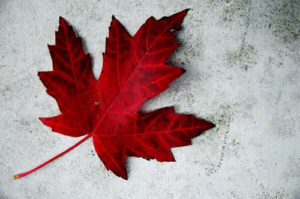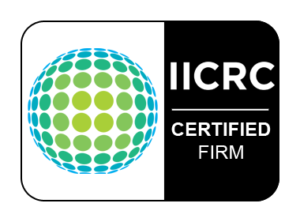Microplastics in our Food
Microplastics in our Food
Today’s topic covers Microplastics in our food and which food sources ones you should specifically avoid and reduce ingesting where possible.
The origin of today’s looming microplastic health impacts on humans
Microplastics seem to be everywhere, from the equator to the arctic, from the bottom of the sea to the top of Everest. And the more we learn about them and their impacts on our health the more concerning they appear to be. More and more medical research studies point to significant human health impacts, https://www.nejm.org/doi/full/10.1056/NEJMoa2309822 and https://mapleleafmold.ca/toxicity-of-micr…ics-in-your-home/
These small plastic particles pass through vacuum filters after vacuuming and pass through water filters found in most homes. They are carried by the wind throughout our atmosphere throughout the globe. They are eaten by fish / shellfish which in turn are eaten by larger and larger predators, including us. These winds also deposit them across farmland and waterways where crops like fruits and vegetables absorb microplastics from runoff from the surface of the surrounding soils.
And in 2022 microplastics were found in human blood and brain…microplastics can bridge the blood/brain barrier with ease.
Some experts believe we are on the cusp of a microplastic health crisis.
The top five (5) sources of microplastic ingestion, (and ones you should avoid);
- Bottled Water – 94.37 particles per litre average number of microplastic particles found. Bottled water is the primary source of microplastics ingestion. Plastics used to create the clear bottles themselves leach high levels of plastic into the water you drink…and exposure to sunlight makes it worse.
- Beer – 32.37 particles per litre average number of microplastics found.
- Air – 9.8 particles per cubic metre. HEPA filteration systems used in the home to purify the air helps reduce the amount you are breathing significantly.
- Tap Water – 4.24 particles per litre
- Seafood – 1.48 particles per gram




Maple Leaf Environmental Services Inc. – Leaders in Microplastic reduction and removal services.
Call 416-254-7256 to talk with us about your issue anytime.
Maple Leaf Environmental Services Inc. is a certified mold / asbestos / microplastics assessment, removal and environmental air analysis company located in Toronto that uses certified technicians for all testing, abatement and remediation projects.
We are a professionally accredited firm experienced in testing, verifying and removing Mold / Asbestos / Microplastics / Lead and other environmental contaminants.
